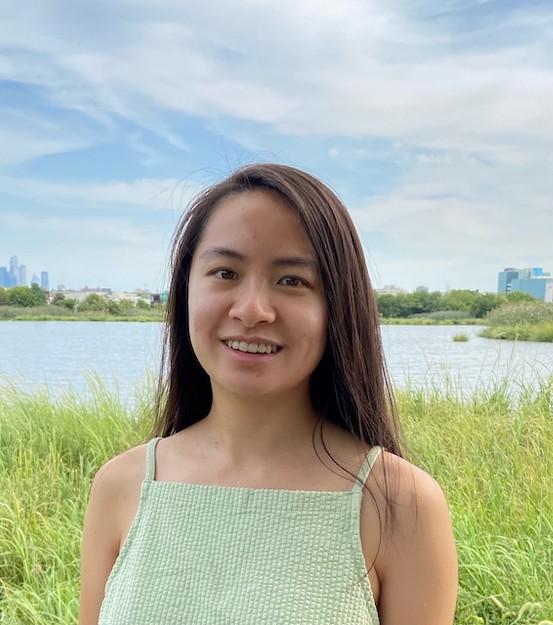-
About
- Leadership & Faculty
- News & Events
-
Admissions
-
Academics
- Graduate
- Advanced Clinical Training
- Continuing Education
- Academic Departments
- Academic Offices
- Simulation Experiences
-
Student Life
- Offices
-
Research
-
- Transformative Research
-
-
Hospitals & Clinics
- Emergency Care
- Hospital Services
-
Community Outreach
- Volunteer
Biography
Livingston, New Jersey
B.S. Animal Science, University of Connecticut, 2020
Why did you choose to pursue this degree, and why did you choose Cummings School of Veterinary Medicine to pursue this degree?
I chose to pursue the DVM degree because I have always enjoyed the integration of comparative biology and critical thinking required of clinical veterinary medicine in general, but of laboratory animal medicine in particular, which is why I pursued the second MSLAM degree. I wish to work with many different species clinically and in research, which is what the DVM curriculum offers, and that a career path in laboratory animal medicine provides many opportunities for. The environment surrounding the care and use of laboratory animals can be one that is collaborative between veterinarian and scientist, both of whom are able to work together to ensure good animal welfare as well as good scientific results. I want to help make a difference in research by ensuring that the animals involved are well cared for and that the results are not only scientifically sound but translational across species. The inherent breadth of biomedical research allows my work to have an interdisciplinary impact on animal, environmental, and human health, which I have always been interested in.
I chose Tufts because of the location, but also the people. I am able to stay close to my family, who are an important support system for me, while earning a degree I’ve dreamt about for so long. It was necessary for me to learn in an environment that welcomed and valued my cultural background and experiences, and I wanted to work and learn with people who came from different cultural backgrounds as well. Being a part of a class that is diverse for the field and supportive of one another was important to me.
What are your interests and/or experience relative to your program?
I have an obvious interest in laboratory animal medicine within the veterinary profession, but I also have interests in pathology and diagnostic imaging, both of which are important and ubiquitous parts of laboratory animal medicine. The DVM program here casts a wide net for its students, which I personally appreciate as it allows me to develop a comparative approach to clinical work in different species. In contrast but in tandem with the DVM program, the Master’s program in particular provides me opportunities to specifically learn more about laboratory animal species and their unique considerations and challenges.
What are your career goals after completing the program?
I hope to be matched in a laboratory animal residency after completing my degrees to specialize in working with laboratory animal species, become boarded in laboratory animal medicine, and work in clinical and/or managerial research settings in both academia and industry. I also hope to be able to teach one day in some capacity and serve as a mentor for students interested in laboratory animal medicine or veterinary medicine in general.
